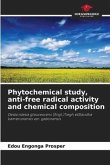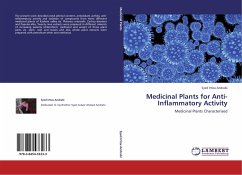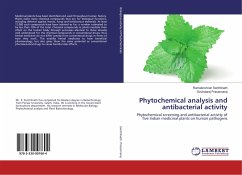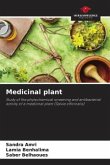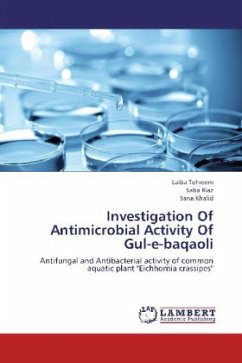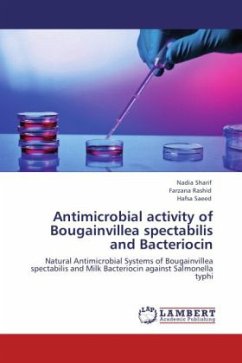Plants provide a variety of resources that contribute to the fundamental needs of both human being and animals such as food, clothing and shelter. Among plants of economic importance are medicinal plants. Plants have been utilized as therapeutic agents since time immemorial in both organized and unorganized forms. The healing properties of many herbal medicines have been recognized in many ancient cultures Plants provide a variety of resources that contribute to the fundamental needs of both human being and animals such as food, clothing and shelter. Among plants of economic importance are medicinal plants. Plants have been utilized as therapeutic agents since time immemorial in both organized and unorganized forms. Today, medicinal plants is one of the promising potential solution to the problem of malnutrition and microbial outbreak that are major challenges to human health both in rural and urban centres most especially in developing country.
Bitte wählen Sie Ihr Anliegen aus.
Rechnungen
Retourenschein anfordern
Bestellstatus
Storno


